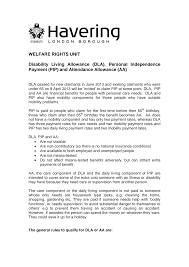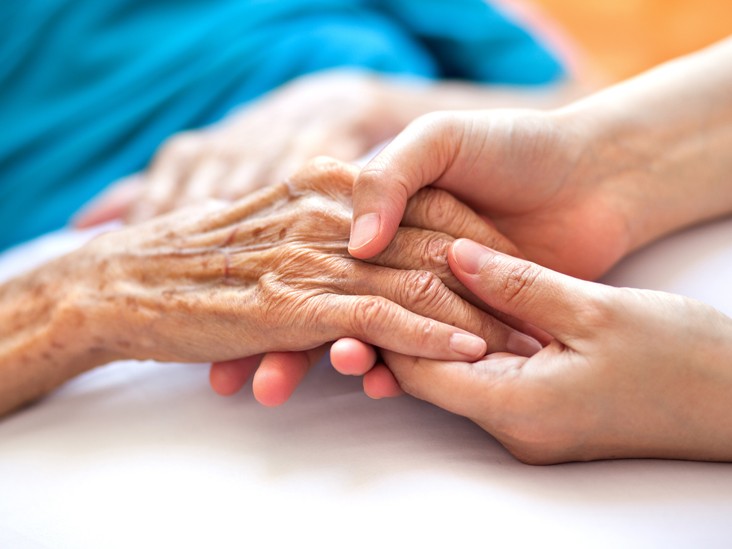Disability Care Assistance Through the Winter Energy Payment
The federal government has several programs and initiatives called “Disability Care” that allow people with certain disabilities to live normal lives. You can have mental illnesses like schizophrenia, bipolar disorder or autism. Some also include learning problems and physical health conditions. The federal government covers inpatient and long-term outpatient care. Medicare, Medicaid and the federal government cover the costs.
Disability Care Assistance Through the Winter Energy Payment
Part A of Medicare, the Special Health Care Provision (or SHCP), provides disability benefits to certain inpatient and nursing homes as well as specialized rehabilitation facilities. The Special Health Care Provision also provides short-term home medical care services. Part B, also known as the Medicaid program, is a federal government program that covers the costs of inpatient care in nursing homes and certain other hospitals, as well as certain group insurance plans for disabled individuals. A disability care plan will include a feature which guarantees coverage for both outpatient and inpatient care within the facility.

Disability Care Assistance Through the Winter Energy Payment
The Personalized Service Plans (PSAPs) are the third component in the disability care plan. The idea behind these is to guarantee a specific level of assistance to each client with a specific need. The first two components, coverage for inpatient and outpatient services, cover the cost of the inpatient aspect of their stay while the individual is receiving services. Housing benefit is a percentage of actual, adjusted monthly benefits rate and actual, assisted living facility cost. Each of these three components has its specific requirements and definitions. When deciding which plan would best fit your family, you should consider these three aspects to help you determine which benefit is right for you.
Disability Care Assistance Through the Winter Energy Payment
- There are several programs that can help you cover the home care and disability portion of your plan. The Early Intervention/First Steps program, otherwise known as EAST, is designed to support children and families with developmentally disabled children or those at risk for future developmental disabilities. The program provides community-based services such as placement and referrals for care. It also has early educators who provide personalized services for families. These early educators are specially trained for children with behavioral and communication issues. Early educators play an important role in helping children develop their emotional and social skills as they grow up.
The final part of the disability care component of the Devane Care package involves home care services. These services are provided only by licensed and certified domestic caregivers who have undergone specialized training to handle people with different needs, such as mental stress or physical limitations. These caregivers are licensed, certified, and work closely with Devane and their families. A domestic caregiver who is licensed and certified can be trusted to help ease the stress and worry associated with a loved one with Devane’s syndrome.
The federal government is committed to supporting families and individuals in achieving a high quality childhood and adulthood as part of the overall vision for the winter energy payment. The federal government’s contribution towards disability care is focused on creating the best possible conditions to help individuals and ensure their bright and successful future. Through the winter energy payment, you will receive financial assistance to ensure that you are able to enjoy a quality childhood and a successful adulthood, free from the threat of financial instability and medical need.
